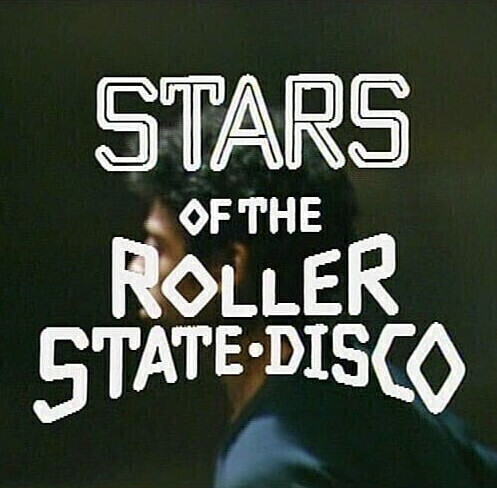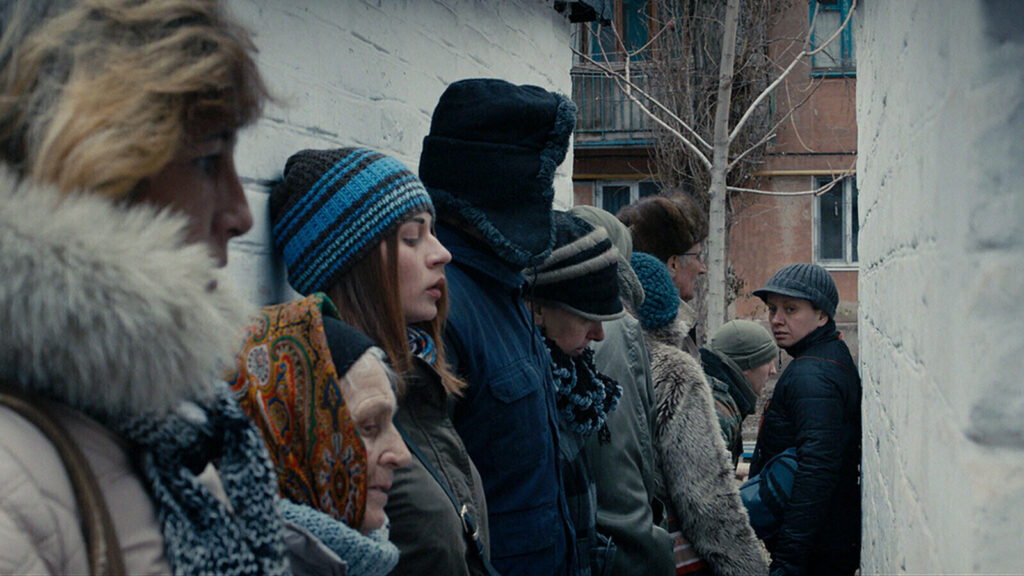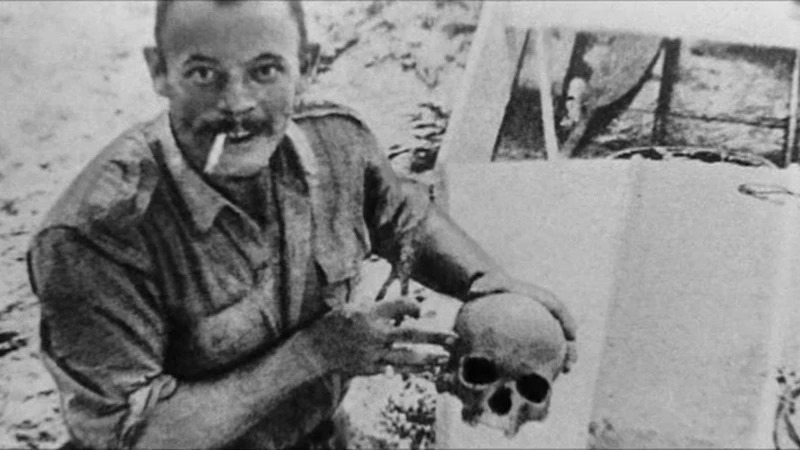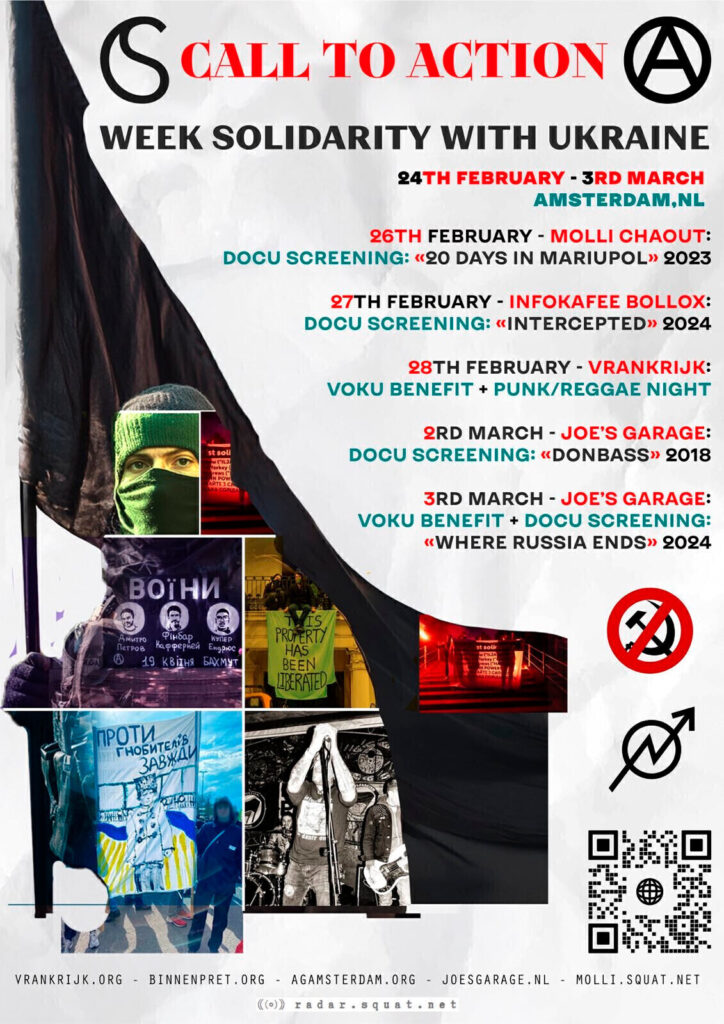 Solidarity Week with Ukraine, February 24 – March 3, 2025
Solidarity Week with Ukraine, February 24 – March 3, 2025
Monday March 3, 2025,Voku Benefit for Solidarity Collectives & screening of “Where Russia Ends” by Oleksiy Radynski (2024). Volkseten Vegazulu, food served from 7pm, no reservation. Movie from 21:30.
Solidarity Collectives call out: As we enter the fourth year of Russia’s full-scale invasion of Ukraine, the urgency to act has never been greater. The situation grows increasingly dire, with the toll of the war deepening both on the battlefield and within the fabric of Ukrainian society. So today we need your voices, your solidarity, and your actions to amplify our actions for justice and resistance.
From 24 February we call on all our friends, partners and all anti-authoritarian groups in all parts of the world for a week of action! We encourage you to organise rallies, fundraisers, and public events that draw attention to the Ukrainian resistance struggle against Russian imperialism. Whether it’s a public demonstration, a direct action (the case of squatting in a Russian oligarch’s mansion inspires us), a music concert, a movie screening or an art exhibition, a fundraising campaign or a panel discussion, your efforts are vital to keep Ukrainians’ struggle visible and supported. The topic of the Russian shadow fleet and its environmental impact or international security challenges could be topics of such discussions. You could paint graffiti in the street of your city and send us a picture of it or even make a series of photos. We would be grateful for any kind of participation.
The alarming rise of far-right movements around the world demands that we stand together to counter these forces to fight imperialism and oppression. Supporting Ukrainians fighting Russian imperialism should be one of the priorities of the anti-authoritarian movement, and this goes hand in hand with supporting all refugees and immigrants in the West.
We believe that we should exchange practices and ideas internationally in order to develop our common struggles. And our team is ready to participate in your events, exchange knowledge, discuss difficult issues and assist in any way we can to make your initiatives impactful. Together, we can build a global network of solidarity that echoes beyond borders and languages.
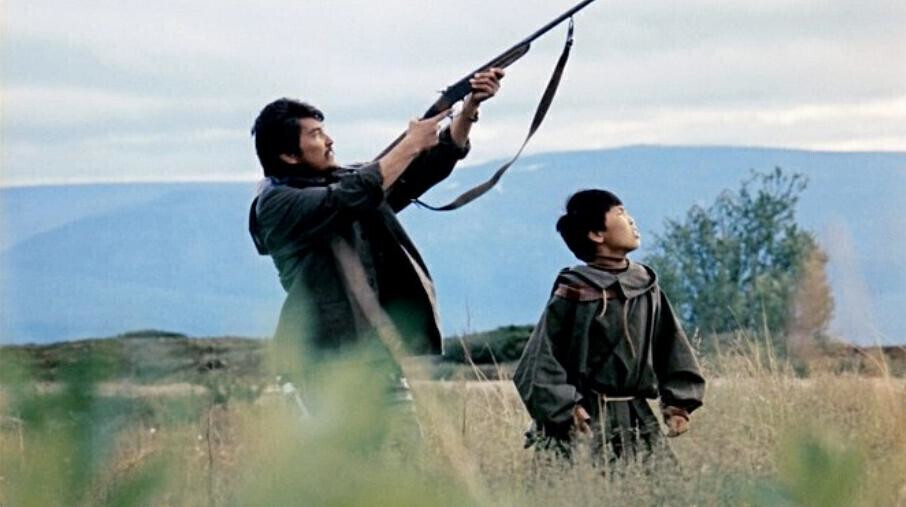 Where Russia Ends by Oleksiy Radynski – Ukraine | 2023 | Short film / Documentary | 25’
Where Russia Ends by Oleksiy Radynski – Ukraine | 2023 | Short film / Documentary | 25’
In the late 1980s, a team of Ukrainian filmmakers undertook several film expeditions to remote areas of Siberia. Their forgotten film rolls were rediscovered in Kyiv in 2022, during the Russian invasion of Ukraine. This fascinating archive is the starting point for a cinematic essay that addresses Russian imperialism, the exploitation of raw materials, environmental destruction, and the ongoing oppression and extermination of indigenous peoples in the remote areas of Siberia.
Solidarity Collectives
https://radar.squat.net/en/solidarity-collectives
https://www.solidaritycollectives.org/en/ […Lees verder]
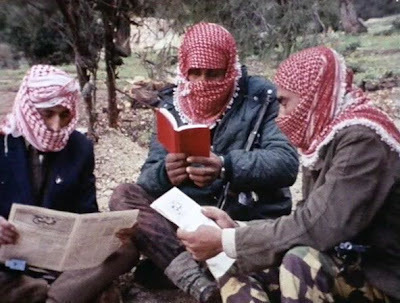 Commissioned by the Arab League to produce a film on the Palestinian Revolution, Godard and Gorin’s plans were upended by the Black September. Godard, now working with Miéville, transformed the original footage into a scathing self-critique—paralleling the lives of a French and a Palestinian family.
Commissioned by the Arab League to produce a film on the Palestinian Revolution, Godard and Gorin’s plans were upended by the Black September. Godard, now working with Miéville, transformed the original footage into a scathing self-critique—paralleling the lives of a French and a Palestinian family.
